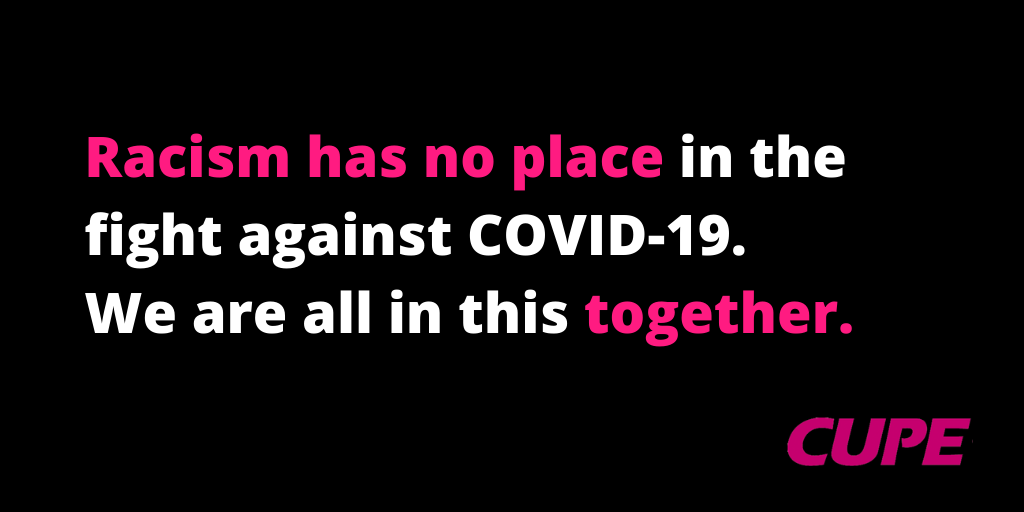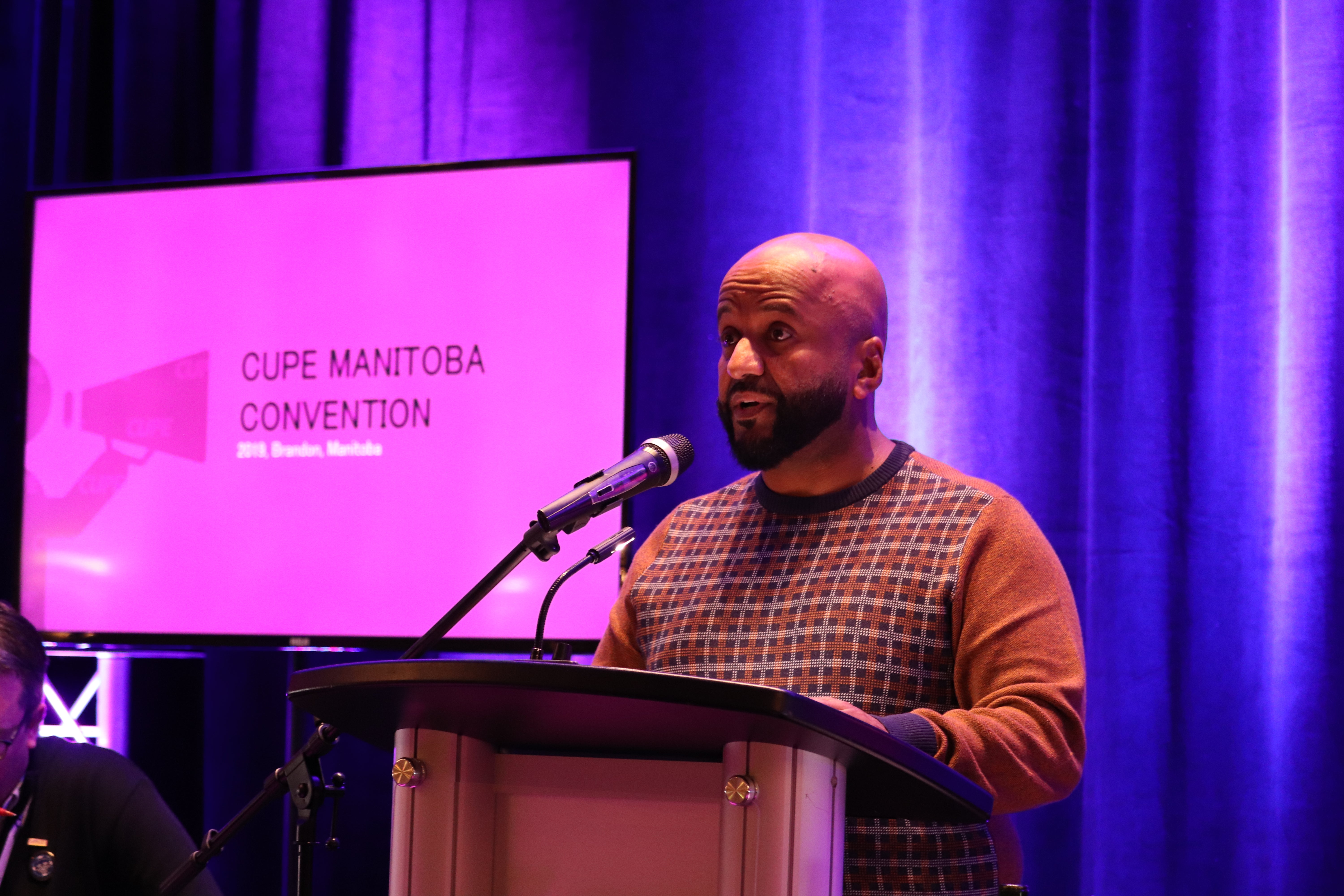CUPE Manitoba joins CUPE National in strongly condemning the recent measures introduced by Premier Smith of Alberta regarding gender policies for children and youth.
CUPE Manitoba Executive Board representative for 2SLGBTQIA+ members Daniel Richards says, “This is a direct attack on the 2SLGBTQIA+ and trans and gender-diverse community rooted in hate, bigotry, division, and distraction.”
“These oppressive measures clearly contradict expert guidance and evidence. The policy is a direct violation of the constitutional rights of Alberta youth. These policies will lead to serious personal suffering and damage for affected young people,” says Richards.
CUPE National’s statement notes, “These policies will rob teenagers in Alberta of information they need to make choices about their health, and the freedom to be their authentic selves at school.”
“Premier Smith must understand that she does not get to pick and choose what human rights to respect and what rights to and trample on,” says Richards.
CUPE Manitoba President Gina Mckay says “Canada’s labour movement will always stand united with marginalized people under attack, and this is no exception. Premier Smith must stop playing politics with the marginalized youth of Alberta and do the right thing and rescind these extreme measures.”
In Winnipeg today, February 05, there is a Rally for Trans Youth at the Legislative Building at 6:20 PM in protest of Alberta’s reactionary and bigoted policy plans. CUPE Manitoba encourages attendance at this event.
For more background and information, see CUPE’s Frequently Asked Questions sheet:
“RESIST ATTACKS THAT DIVIDE US: CUPE stands with trans people”
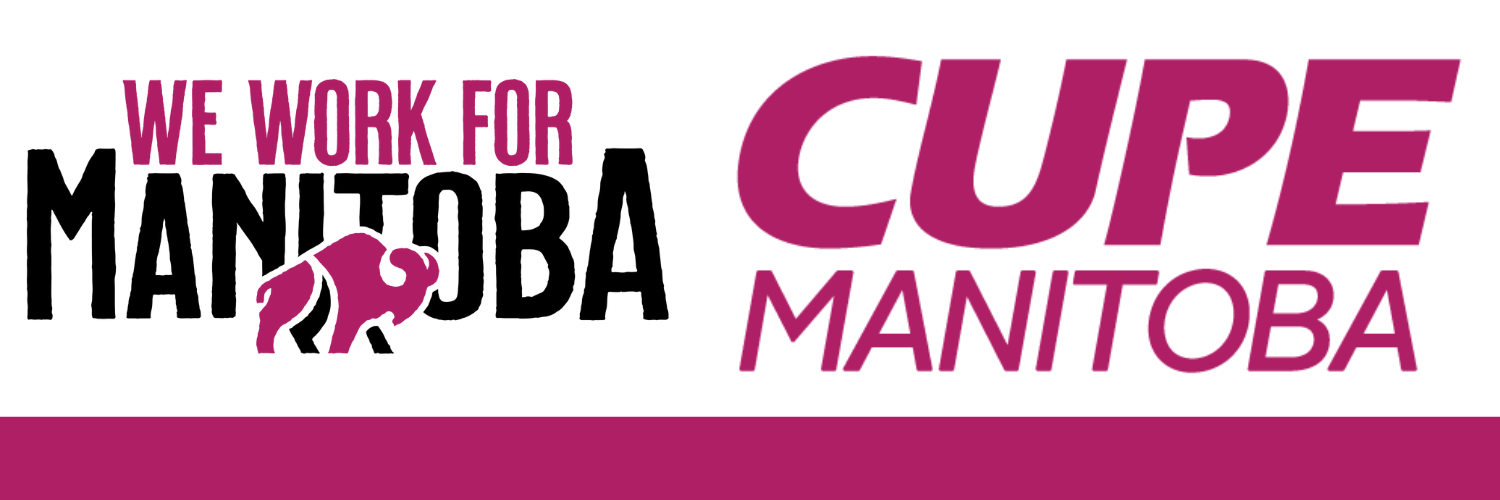
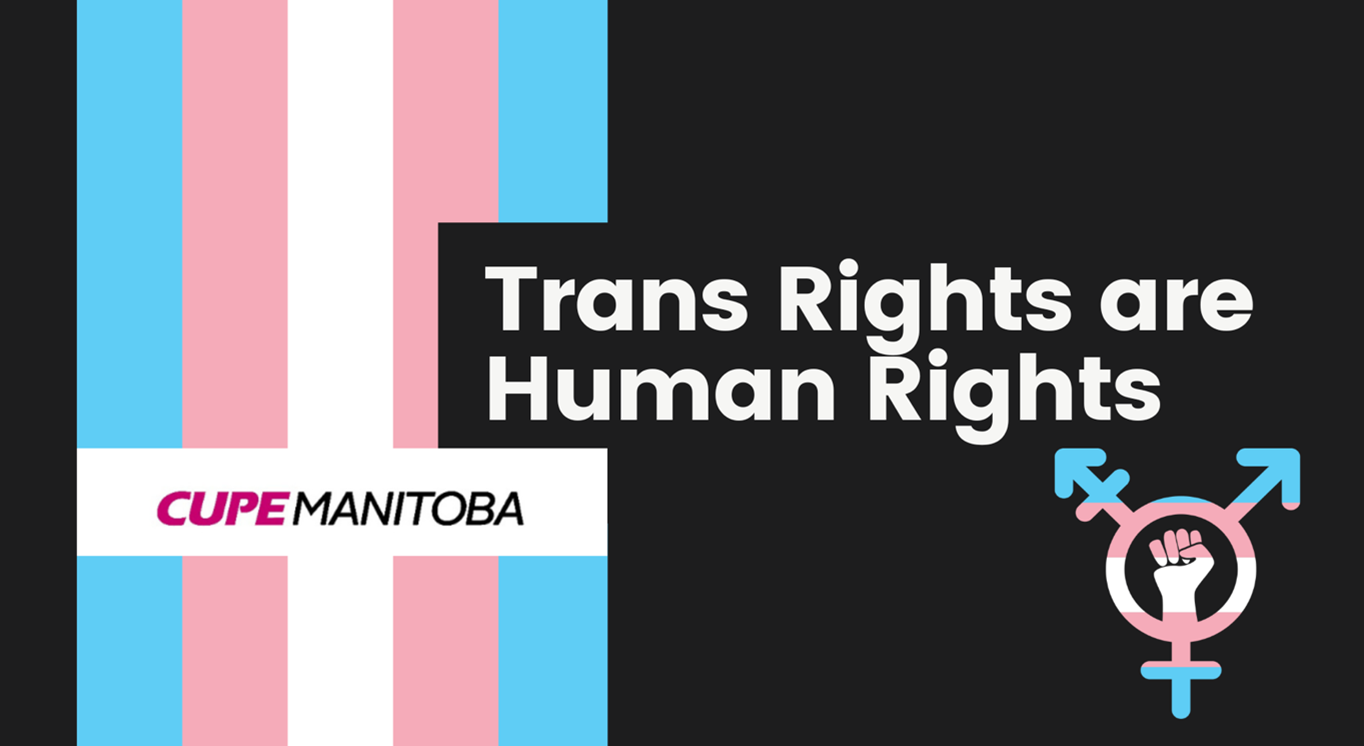

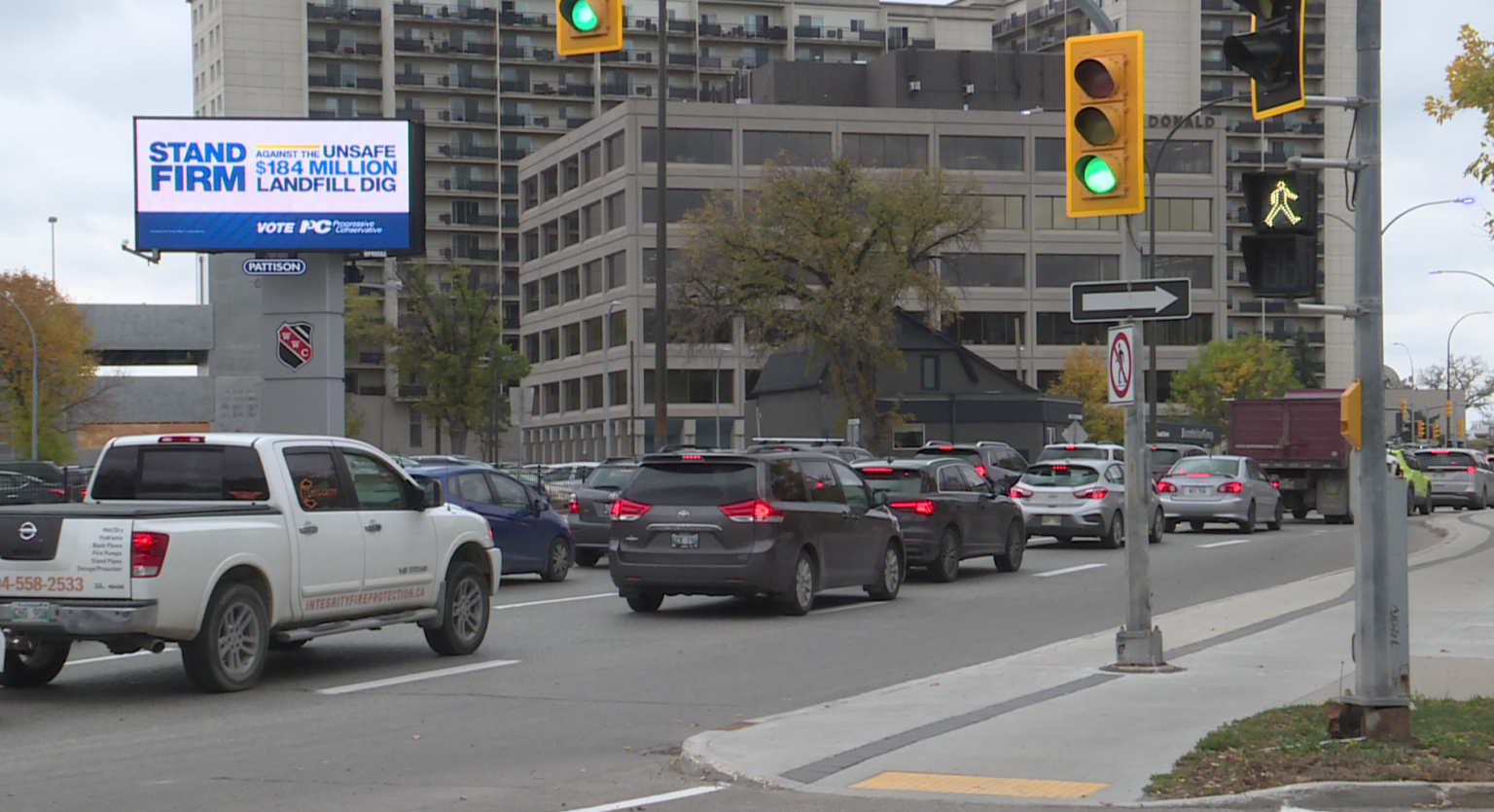


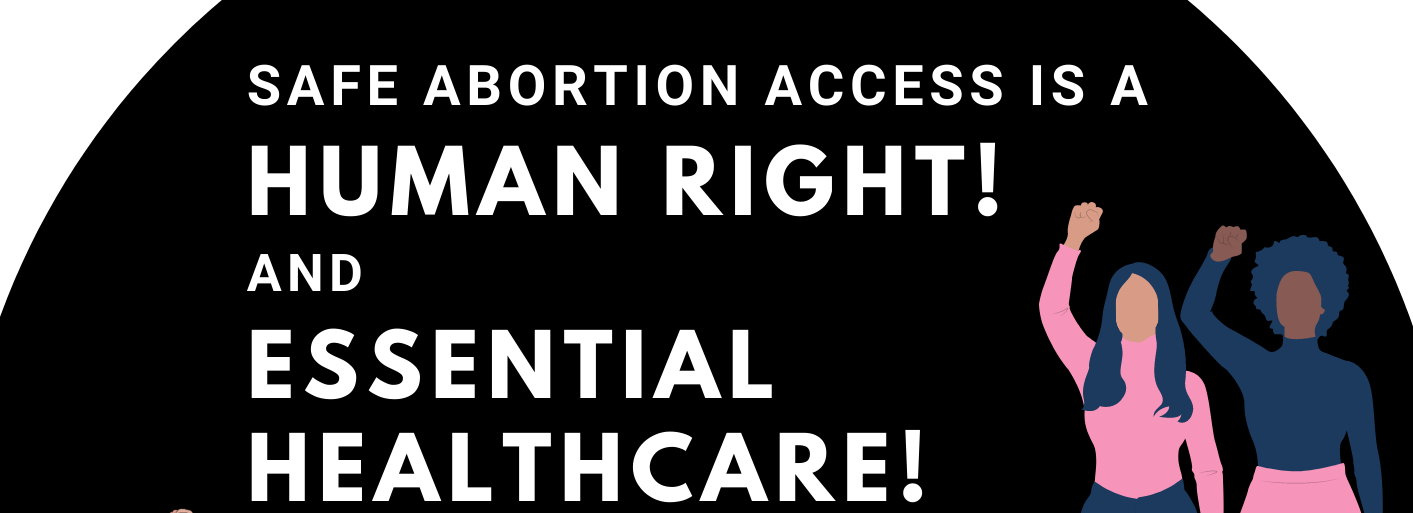
 The U.S. Supreme Court has made a decision that directly targets the health & safety, human rights, and reproductive health rights for those accessing abortion and reproductive health services in the United States.
The U.S. Supreme Court has made a decision that directly targets the health & safety, human rights, and reproductive health rights for those accessing abortion and reproductive health services in the United States.
